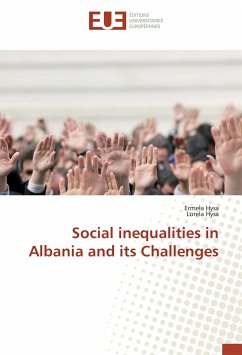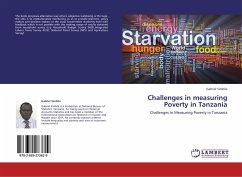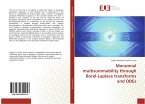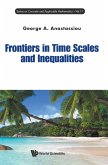In this study we aim to make a general portrayal of this disturbing problem of social inequalities, the elimination of which is a very important element of democracy and state of law, particularly highlighting those aspects or sectors where social inequality is more pronounced, such as: inequality of income levels in general and of salaries in particular; the level of inequality in education, health, living conditions etc., focusing also in one aspect which ultimately stays in focus of all public and private institutions in Albania: gender inequality. The aim of this proceedings has been the chronological introduction of the historical view of social inequalities in Albania: the origin, problems, delays and also the progress that the country has made in the area of this phenomenon in two different periods: before and after 1990, in attempt to make a general analysis of strategic reforms in social policy framework, as well to avoid every possible social differentiation, which would constitute a serious obstacle to the development of the country and the European Integration.
Bitte wählen Sie Ihr Anliegen aus.
Rechnungen
Retourenschein anfordern
Bestellstatus
Storno








